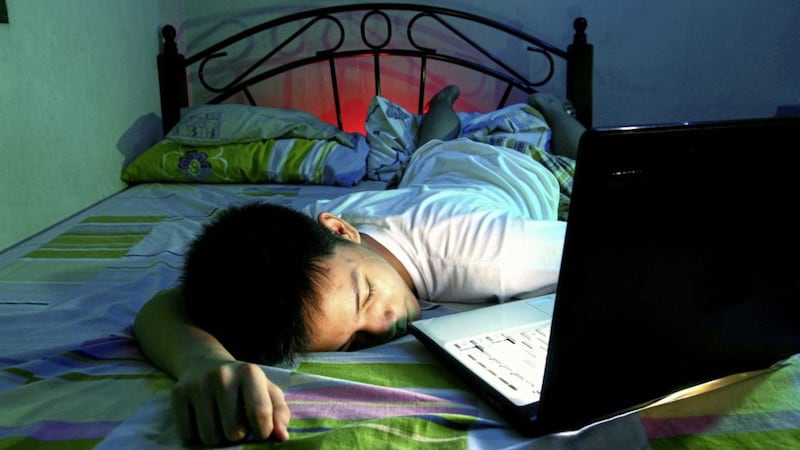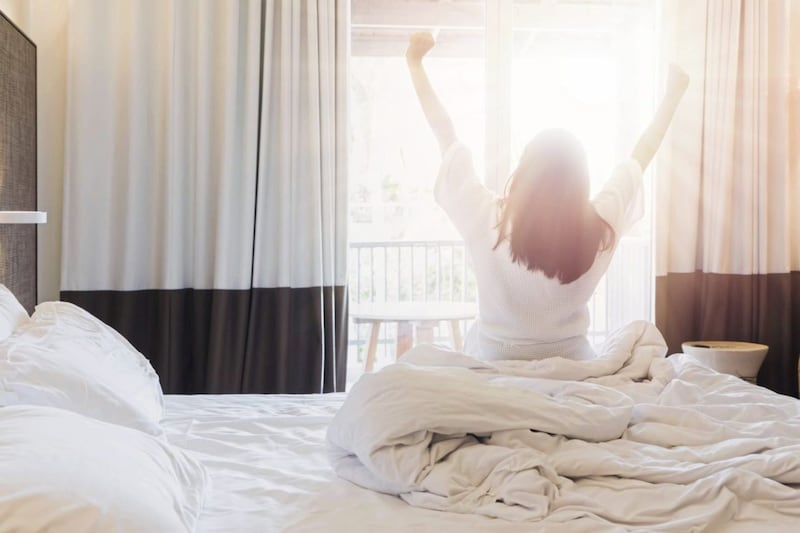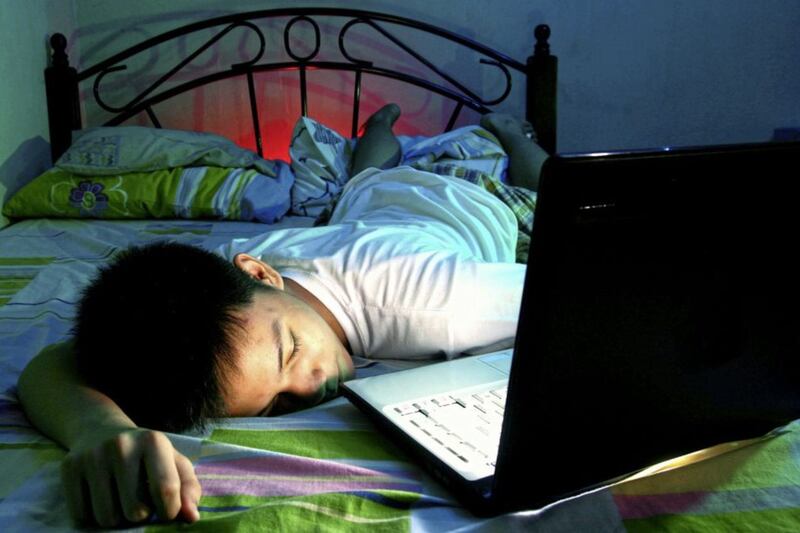THERE'S no shortage of 'advice' online about the dangers lurking on the internet waiting for our kids – from the extremes of exposing them to bullying, harassment or sexual predators, to social media counter-intuitively making them more antisocial, and being detrimental to both physical and mental health as they avoid exercise and interaction.
But a recent study from Oxford University has found there's actually a sweet spot in terms of digital screen use for teenagers.
The researchers' 'Goldilocks hypothesis' argues that four hours 17 minutes a day on computers will allow adolescents to reap rewards, primarily better social skills and support, without impacting their wellbeing.
That's not the full story, however, warns sleep expert Dave Gibson, co-author of The Art Of Falling Asleep: "Sadly, from my point of view, this study totally ignores all previous research, which shows that time spent on screens, especially at night, has a detrimental effect on teenagers' sleep.
"A study of 10,000 teenagers in Norway in 2015 showed that those who used a computer in the hour before bed were three times more likely to get less than five hours sleep.
"The study also showed that more than four hours of daytime screen time use meant a 49 per cent greater risk of taking longer than 60 minutes to fall asleep."
Plus, Gibson warns, the blue light emitted by screens prevents teens from nodding off promptly and getting the requisite eight to 10 hours sleep a night.
"Blue light acts like the morning sunlight, which wakes us up by switching off the melatonin (the sleep hormone) production in the brain. This is the opposite desired effect for the evening time, as to help us sleep, melatonin needs to be switched on in the dark," Gibson says.
That doesn't mean nixing iPads and mobile phones completely, though.
Here are Gibson's four tips to ensure teens get a good night's rest without ditching their devices altogether:
1. Set a device curfew for all the family. Put all devices to bed at least one hour before you go to bed – this includes your own mobile phone too.
2. Take phones out of the bedroom before bedtime. In an ideal world, we would have no technology (including mobile phones) in the bedroom whatsoever.
However, this is not practical for modern teenagers who want to talk to friends on their phone after school in their room, and often study in their room in the evening.
Parents could set the tone for the household and keep technology out of their room, including phones. This then makes it easier to enforce a boundary with teenagers that all phones are removed from the bedroom overnight in order to avoid the temptation to use them.
3. Reduce blue light. Dim your computer screen or, even better, wear glasses that block out blue light. Install a blue light filtering system such as flux (justgetflux.com) on your computer and electronic devices to reduce blue light, and always use the night-time mode on your devices.
4. Educate teenagers on how screen usage affects sleep. Give your teenagers the facts about how screen time stimulation and blue light late at night will both prevent getting to sleep easily and reduce the amount of overall sleep.
:: For more expert sleep advice and practical tips, visit TheSleepSite.co.uk





